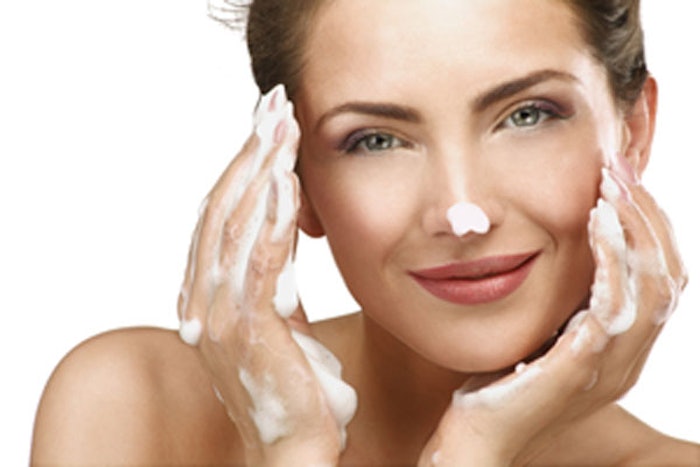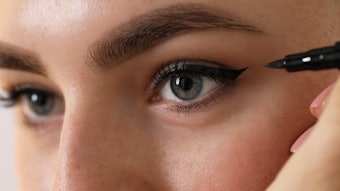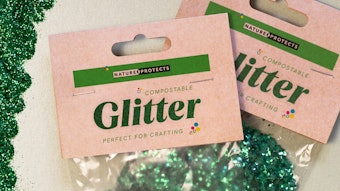
As more legislators enact laws banning cosmetics and personal care items that contain plastic microbeads due to their impact on waterways and fish, a recent study has determined even a single use of a product is a cause for concern.
Research at Plymouth University, published in the Marine Pollution Bulletin, has shown that up to tens of thousands of microbeads, each a fraction of a millimeter in diameter, could be released in every single application of certain products, such as facial scrubs.
"We estimated that between 4,594 and 94,500 microbeads could be released in a single use," the study noted.
For this study, researchers chose brands of facial scrubs which listed plastics among their ingredients, and they were subjected to vacuum filtration to obtain the plastic particles. Subsequent analysis using electron microscopy showed that each 150ml of the products could contain between 137,000 and 2.8 million microparticles. Polyethylene microbeads were extracted from several products, and had a wide size range (mean diameters between 164 and 327 μm).
This could result in up to 80 tonnes of unnecessary microplastic waste entering the sea every year in the UK, according to the researchers.
Plastic microbeads are used in some cosmetic products including scrubs, exfoliators, cleansers and soaps; these recent findings provide data to further support proponents of the microbeads ban who argue that fish often mistake non-biodegradable plastic microbeads for food and eat them, resulting in toxins further up the food chain. A June 2015 report released by the UN Environment Programme (UNEP) recommends a "precautionary approach" toward microplastic management, with an eventual phase-out and ban of their use in personal care products and cosmetics. In addition, Comité International d’Esthétique et de Cosmétologie (CIDESCO) has called on its global membership of beauty centers to replace their skin care products containing plastic microbeads with safer and more eco-friendly alternatives, such as crushed nut shells used in cosmetics.
To date, a number of cosmetic and personal care companies have already eliminated or have announced plans to eliminate microbeads from their products such as Unilever, Procter & Gamble, Johnson & Johnson, Beiersdorf, Colgate-Palmolive and L'Oréal.
Want to share your thoughts on microbeads bans and cosmetics regulation? Continue the conversation on C&T's social media: #microbeadsban










